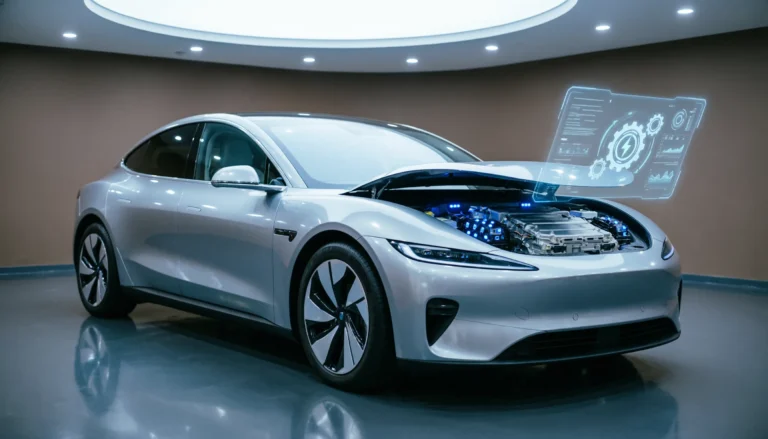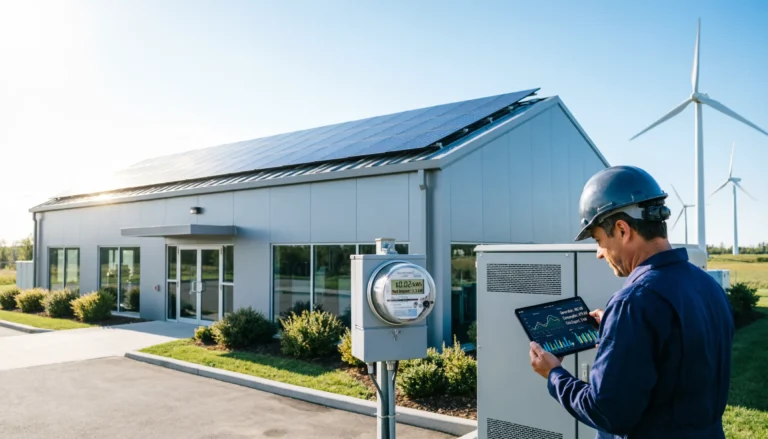
Advent Technologies Holdings, Inc. (NASDAQ: ADN), a leader in fuel cell and hydrogen technology, has announced major advancements in its Membrane Electrode Assembly (MEA) technology, specifically the second generation “Advent MEA G2.” Developed in collaboration with the U.S. Department of Energy’s Los Alamos National Laboratory (LANL), Brookhaven National Laboratory (BNL), and the National Renewable Energy Laboratory (NREL), the G2 MEA is currently being tested by key partners in the automotive and aerospace industries.
The G2 MEA marks a significant improvement over traditional high-temperature PEM (HT-PEM) technology, addressing key issues like low power density and short lifespan. Operating at an optimal 160°C, the Advent MEA G2 delivers 2.5 times the power density of legacy MEAs, with a goal of reaching 0.7W/cm² in its next version. Though its power density is still below low-temperature PEM (LT-PEM) systems, the G2 offers advantages like simplified systems due to its use of liquid fuels like eMethanol, which do not require compressed hydrogen or complex thermal management.
The MEA also shows potential for extended operational life. According to Advent’s Chief Technology Officer, Emory DeCastro, the G2 MEA degrades four times slower than legacy MEAs, promising system longevity of 10,000 to 15,000 hours, even under extreme conditions. Moreover, it has superior heat rejection properties, crucial for applications in sectors like off-grid power, marine, and transportation in hot climates, where LT-PEM systems struggle.
Advent is actively integrating the G2 MEA into several projects, including the U.S. Army’s Honeybadger project, and is developing a next-generation fuel cell stack aimed at doubling power density and tripling the lifespan compared to legacy HT-PEM systems. Dr. Vasilis Gregoriou, Advent’s Chairman and CEO, emphasized the goal of making eFuel-powered fuel cells both cost-effective and environmentally friendly, positioning Advent’s technology as a competitive alternative to diesel engines.
Advent aims to collaborate with leading OEMs to further develop fuel cell systems and bring its technology to commercial scale, focusing on applications where battery solutions fall short.







